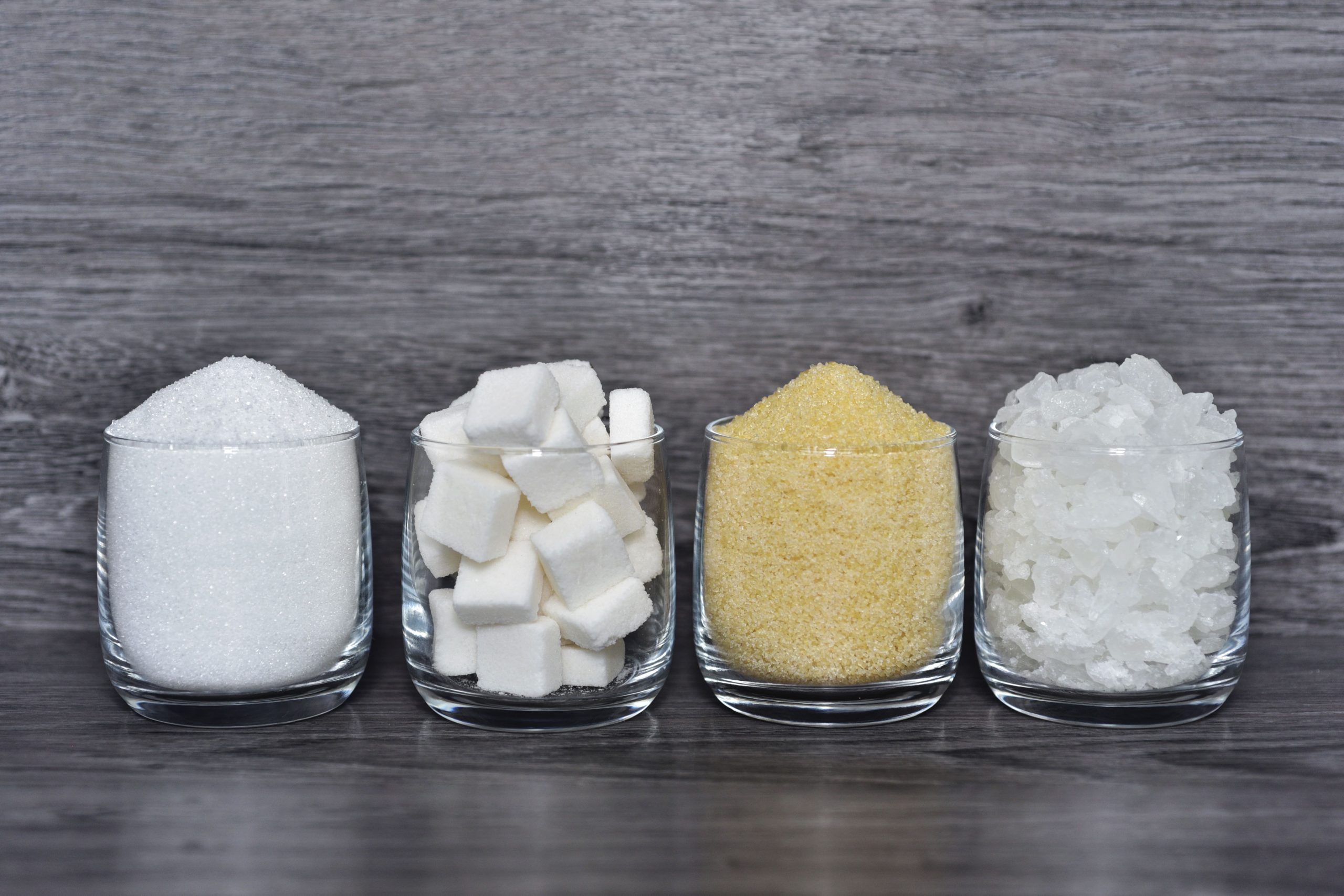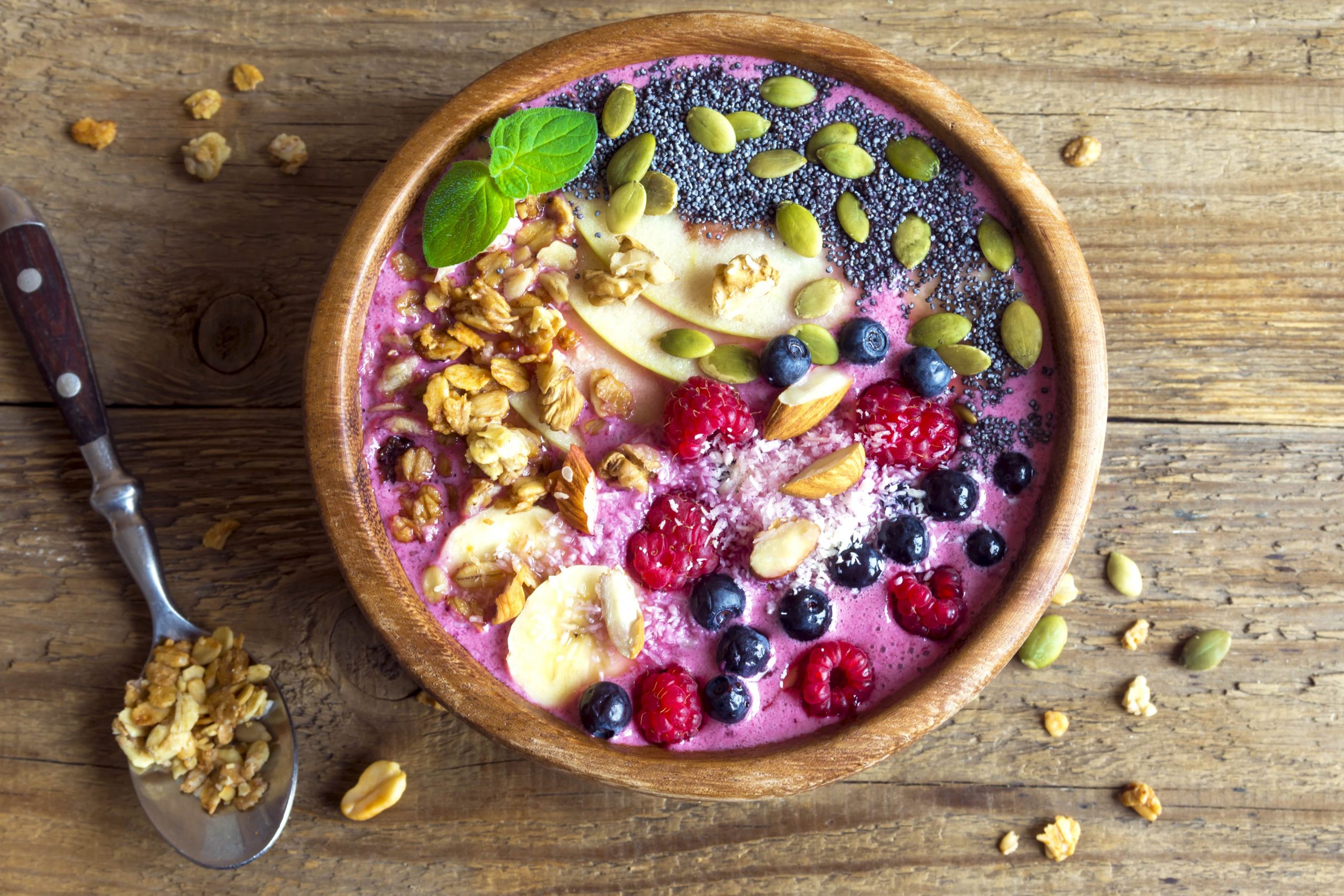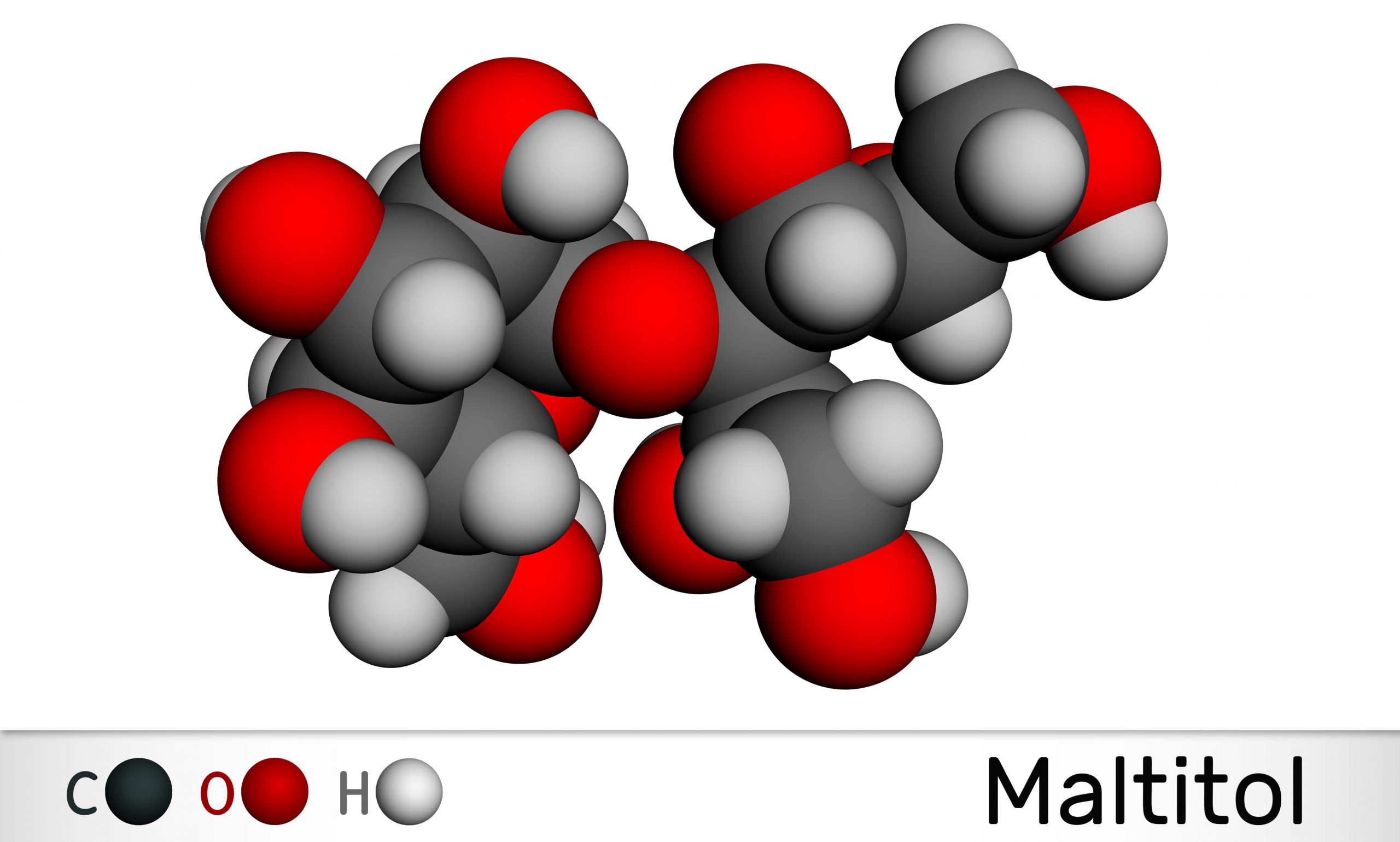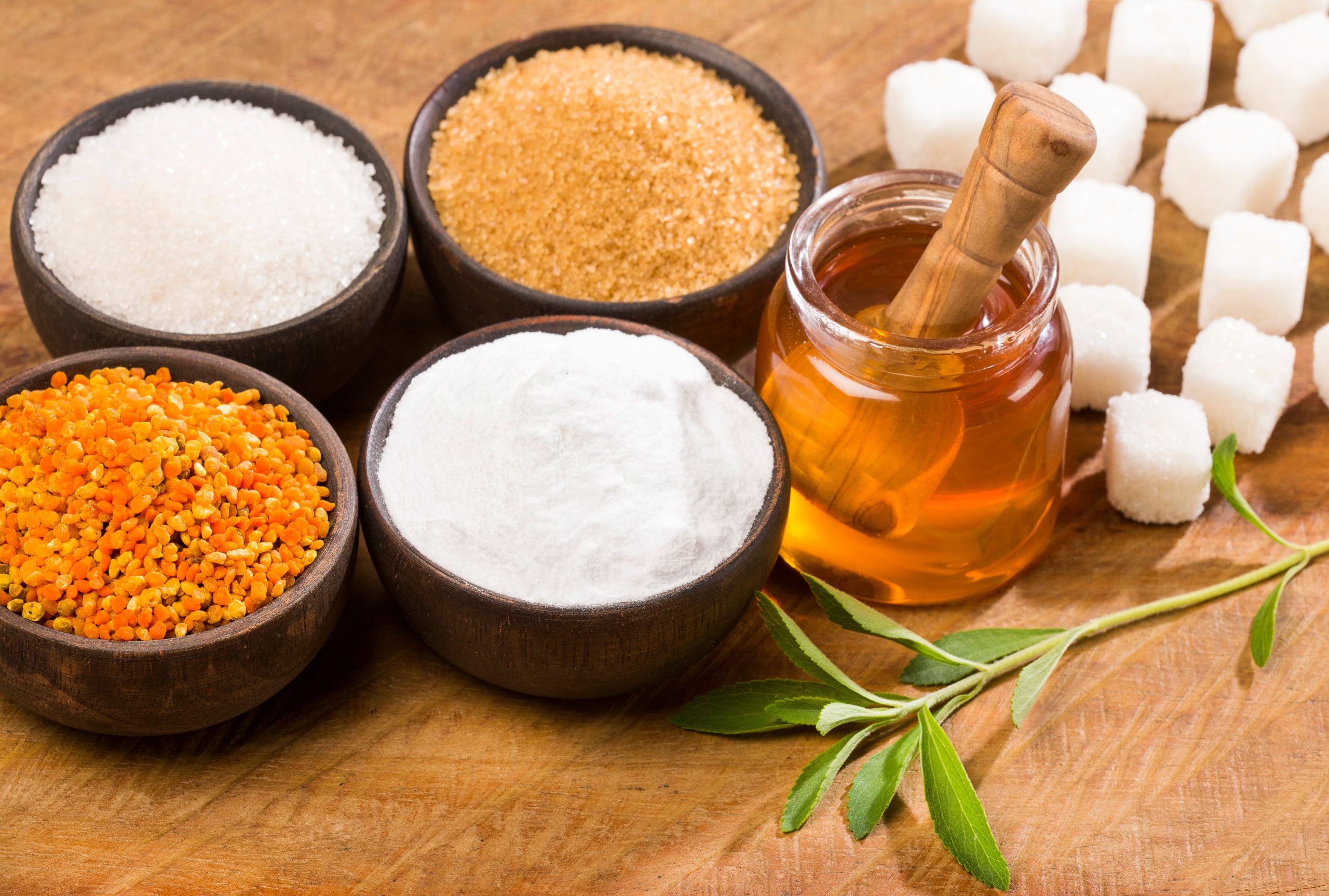Sugar alcohols are receiving mixed reactions in the market. When these sweeteners receive a mix of negative critics and garner acclaim simultaneously, you may be interested in knowing the truth about them.
If you are keen on reading the ingredient lists of processed food products at the market, you might have come across sorbitol, maltitol,isomalt, mannitol, xylitol, Hydrogenated starch hydrolysate (HSH), and erythritol. These are just but a few examples of the commonly used sugar alcohols in food products. In those products with a ‘no added sugar’ disclaimer, you might be surprised to know that sugar alcohols have actually been added. Most researchers seem to have faith in sugar alcohols and believe that taking them will mean a health boost for you. Peer into this article to know what sugar alcohols are, why they may be praised, and other critical pieces of information
What are sugar alcohols?
Do you feel some cold chills run down your cheeks at the mention of sugar alcohol because you think they are alcoholic? Well, you may find it quite relieving. Sugar alcohols are a class of sweet carbohydrates that are generally deemed safe for you. Although they have the name alcohol in their root, there is nothing alcoholic about them and, you won’t get drunk if you use sugar alcohols.
Sugar alcohols are a hybrid form of alcohol and sugar, just as implied by the name. The chemical structure is like that of normal sugar. Upon taking them, your sugar receptors are activated, just like when you take refined sugars. What’s more and slightly different about them is that they have extra fibers, which may create problems for those with fiber malabsorption. Still, their calorie content is just a fraction of what normal sugars contain, which is why people who are after losing weight replacing refined sugar or other sweeteners with it.
Sugar alcohols: the glycemic index and their impact on blood sugar levels
The glycemic index (GI) of any food refers to how fast it raises the glucose in the body. Researchers use the GI values of various substances to tell the impact of various substances on the body’s glucose and blood sugar levels. One study by Healthline aimed to determine the glycemic index values of various sugar alcohols and how fast they would raise blood sugar levels.
The study showed the GI values of sucralose, mannitol, and erythritol were zero, meaning that they would not raise the blood sugar levels when used. Lactitol, maltitol, xylitol, and sorbitol all GI values way lower than 35. Sucrose or refined sugar, on the other hand, had a GI value of at least 65. This shows that while sugar alcohols would raise blood sugar levels, they would not do as much as refined sugar. The low GI values make most sugar alcohols, except maltitol, a good sweetener option for diabetics, prediabetics, or people living with metabolic syndrome.
Sugar alcohols may be good for your oral health
Sugar alcohol proponents encourage sugar alcohols because they may be good for your teeth’ health. Plaques, cavities, and tooth decay are common oral problems afflicting people, and high sugar consumption is one of the causes. That’s why as part of solving oral problems, doctors recommend reduced sugar consumption. Taking sugar alcohols, on the other hand, would not affect your oral health so much. While refined sugars contain some substances that harbor plaque-causing bacteria, sugar alcohols lack any of these.
Erythritol, sorbitol, and xylitol are all safe for the teeth, and that’s why they form part of the critical ingredients in toothpaste and chewing gums. In fact, the many studies conducted on xylitol point to one thing about sugar alcohol; it cannot promote the growth of bad bacteria. Such bacteria feed on them, but since the xylitol sugar alcohol prevents metabolism, the bacteria’s metabolic machinery is blocked, leading to their death. Erythritol may even be more effective than sorbitol and xylitol in preventing teeth cavities.
Are there other health benefits associated with the consumption of sugar alcohol?
Besides their low glycemic index and benefit on oral health, sugar alcohols may have other health benefits. Such include:
- Feeding the gut microbiota; sugar alcohol may actually be good for the gut health since they have been seen to feed the gut microbiota. The body has good and bad bacteria, and for the gut to be in good shape, the two must be balanced, with the good bacteria outweighing bad bacteria. Since sugar alcohols have some prebiotic effects, they could help feed the gut flora and help with constipation.
- Helping your skin glow; some studies show that if you want to make your skin glow, you might want to include some forms of sugar alcohols to improve your skin condition. Xylitol, for instance, boosts the body’s collagen production. Yet, collagen is critical in protein formation, and the same protein will help your skin. By promoting protein production, xylitol thus helps you improve your general ski condition and the overall glow.
- Helping keep your bones healthy; bone degeneration affects many people today, leading to increased cases of osteoporosis and such conditions. Many suggestions have been put in place to handle osteoporosis, and rodent studies show that xylitol, among other sugar alcohols, may help promote bone health. Xylitol helps slow down bone degeneration, which may lower cases of osteoporosis and help manage the symptoms among those who already have the disease.
Sugar alcohols and the digestive system
While sugar alcohols may seem generally harmless and promise many health benefits, they cause issues with the digestive system. The blood sugars are in the FODMAPS food category, meaning that they easily ferment and are only digested by gut bacteria. When you consume too much sugar alcohols, they clog the large intestines, and you may consequentially experience digestive issues such as bloating and diarrhea. In addition, you should reconsider your decision if you have a dog and plan to buy xylitol. Xylitol is toxic to dogs and will lead to the overproduction of insulin. Such a high production leads to the sapping of blood sugar levels, and the dog may die from hypoglycemia.
Conclusion
There are many types of sugar alcohols in the market. While they bear the term ‘alcohol,’ they are not really alcoholic and will not make you drunk. Sugar alcohols have low GI values, except for maltitol that has a slightly higher value. While they have many health benefits, especially for the teeth and blood sugar control, consuming too much sugar alcohols may cause you digestive issues.
- Our Big Kitchen’ (OBK) is a non-profit organization located in Sydney, Australia - April 10, 2023
- Duos CBD, a hemp product E-commerce website - April 10, 2023
- SOFA SPOONING SEX POSITION - April 7, 2023









